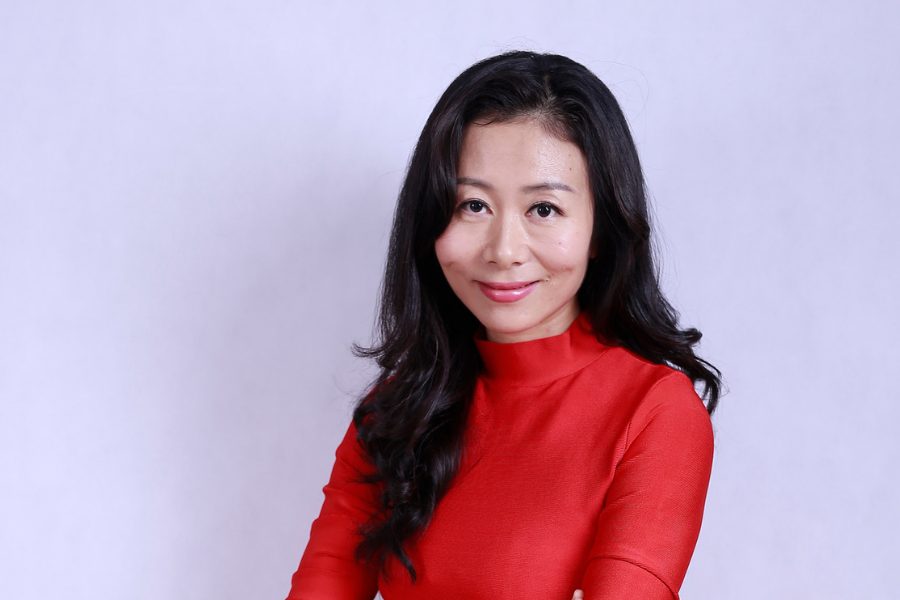China has fast become the world’s hottest tech market: a record US$70.5 billion in venture capital funding went to Chinese companies in 2018, a 52.9 percent jump on 2017. Clearly, China is the place to be.
Journalist Nina Xiang has had a front row seat to watch its growth as cofounder of China Money Network. From the rise of the mobile internet to the online-to-offline trend, Xiang has seen it all, giving her an unparalleled insight into what works in the market, what doesn’t, and what trends are coming up next.
Xiang will be sharing her in-depth insights as part of this year’s Visiting Entrepreneur Program (VEP). Launched by the City of Sydney in 2017 as a key component of its tech startups action plan, the VEP works to connect Sydney’s tech startup ecosystem with global tech innovators.
She will be a panelist at CityTalks Sydney, the headline event of the VEP, discussing ‘Our Future with Artificial Intelligence and its Rise in China’.
What are Xiang’s thoughts on the future of AI? Watch this space.
She believes we will begin to see a cooler sentiment towards AI from investors, and people begin to “rationalise our own expectations” for AI.
“I think 2019 will be a reflection point for the Chinese AI industry,” Xiang said.
“We will see people become more realistic in terms of the potential and what we can expect from AI. We will see dialed back expectations, perhaps the collapse of smaller, less competitive startups, and reduced resources allocated to AI by big tech companies like Alibaba and Baidu, because they’ll realise this is such a long-term investment and they need to approach it with the long-term in mind,” she predicted.
On the flip side, Xiang also expects to see a handful of China’s leading AI companies go public, listing on China’s recently-launched Technology Innovation Board.
The cooling of the hype is something Xiang has seen several times before through her time at China Money Network.
She first cofounded China Money Network in 2012 after several years reporting on financial markets. While her work has taken her around the world, with Xiang reporting on the global financial crisis from New York, she said she eventually felt the pull to report on one of the biggest stories in the world: what’s happening in China.
However, Xiang struggled to find a platform that suited both her interests and desired pace of working, so decided to start her own, and China Money Network was born. The platform covers and tracks China’s private equity, venture capital, and technology sectors to deliver actionable intelligence to its audience of professional investors.
Though she initially wanted to maintain her focus on financial services, Xiang soon found her reporting was naturally moving to technology.
“I wanted to cover financial services because I thought that economics is the fundamental driving force of politics, society, everything. But then, slowly, as I reported more on venture capital and the types of companies being invested in, it became clear that technology is going to be the driving force going forward,” Xiang said.
“It’s been fascinating to cover the changes in technology, and how the things I cover every day are emerging in our day to day lives and changing how we live. I think that’s really fascinating; it never gets boring.”
Xiang said she has seen three key trends emerge in the local tech landscape since 2012: the mobile internet, online-to-offline, and AI.
Having watched the mobile internet and online-to-offline sector mature and consolidate after the initial hype died down, Xiang believes the same will happen with AI.
Xiang will be sharing these insights and more during the week-long Visiting Entrepreneur Program, delving into discussions on China’s tech landscape and opportunities for Australia in China.
Along with the launch event, she will be speaking at ‘How Far Ahead is China in AI, and Why?’ and the ‘Asialink Insights Series – AI in Asia’.
As Chinese investors increasingly shift their focus from North America, Xiang said her participation in the VEP comes at an important time.
“We can expect an increasing level of exchange and cross-border activities between China and Australia across all areas of technology, so I think it’s important to participate in this conversation, cross-border understanding, and exploration for partnerships at this time,” Xiang said.
“I hope I can share what I’ve learned and observed in the Chinese ecosystem, and try to deepen the mutual understanding.”
Book your free tickets to see speakers at Visiting Entrepreneur Program events now!




















Trending
Daily startup news and insights, delivered to your inbox.